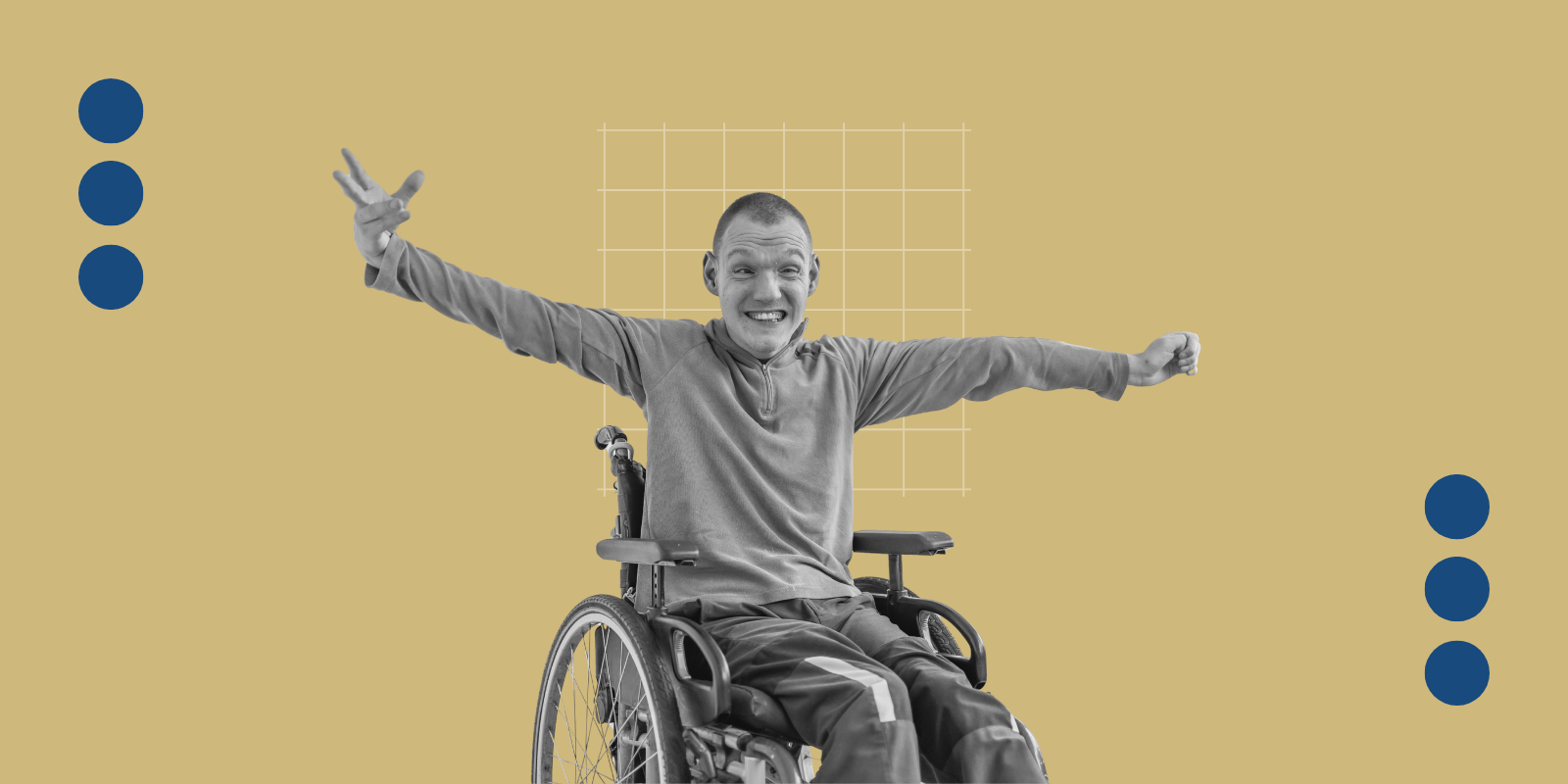The strength of the CU Anschutz Medical Campus is built in part on the ties between practitioners and researchers — field experts working regularly in hospitals or clinics using what they have seen in their practice to inform their research. This is where innovation and truly life-altering discoveries are made.
The Surgical/subspecialists Clinical Outcomes Research (SCORE) Fellowship at ACCORDS is a one-of-a-kind opportunity allowing physicians to gain skills and begin their work in outcomes-based research. The fellowship is designed to train outstanding physician-researchers in clinical translational and outcomes research. Since 2014, SCORE has primarily focused on surgeons and subspecialists interested in research training.
Full-time CU faculty can apply to the two-year program with the consent of their department to cover 50% of their full-time equivalent hours (FTE) for fellowship and research activities. The primary goal of the two-year fellowship is to provide existing or new faculty with the building blocks to conduct clinical translational or outcomes research and, in the future, to be successful in obtaining grant funding.
Making the transition to research
“As early faculty, I was looking for an opportunity to help launch my clinical research career to ensure I started on the right path,” said Justin Searns, MD, assistant professor of Pediatrics-Pediatric Hospital Medicine at the University of Colorado (CU) School of Medicine. “I was fortunate to have amazing peers several years ahead of me recommend the SCORE fellowship as a fantastic opportunity worth exploring. The SCORE fellowship has offered superb mentorship from accomplished faculty with a wealth of experience in clinical outcomes research and grant development, as well as valuable feedback sessions with peers and high-yield didactic training.”
Searns’ first K23 award proposal, a mentored patient-oriented research award that supports the career development of individuals with a clinical doctoral degree who are committed to focusing their research on patient-oriented research, is currently under review with the National Institutes of Health (NIH). If it is successfully funded, he said he will have the SCORE fellowship to thank for the fantastic guidance as he developed the project.
The CU Anschutz Medical Campus is host to many great programs targeting early career researchers who are serving an important purpose in mentoring and developing junior faculty. Stacie Daugherty, MD, MSPH, SCORE program director and professor of medicine at CU, believes that what sets the SCORE program apart is its inclusion of biostatistics and qualitative research support.
“Our fellows have access to analysts and biostatisticians who can help them not only design a project, but actually execute it, perform the analysis, and support them on a project,” said Daugherty. “That can be really important in someone's early career when they often don't have resources or funds yet of their own to do that type of work.”
The program, which meets weekly, offers a strong curriculum that blends didactic instruction on research methods with faculty development, ensuring that trainees remain in academic positions and advance in their careers. Examples include approaches to qualitative methods, biostatistical methods, project management, and grant writing among others. While SCORE does not require fellows to get a master’s degree, many of them do while participating in the program. The most pursued degrees are a master’s in clinical science through the CU Graduate School and a master’s in public health from the Colorado School of Public Health.
"The SCORE program accelerated my
research program and undoubtedly made
me a better researcher."
“The SCORE fellowship allowed me to explore so many different translational research methods that I had very little exposure to before, even having completed a Master’s and T32 prior to the fellowship,” said graduated SCORE fellow Shanlee Davis, MD, PhD, MSCS, assistant professor of pediatrics at the CU School of Medicine. “I now design and lead studies that utilize qualitative and mixed methods, surveys, registries, and secondary data analyses using big data sources. The SCORE program accelerated my research program and undoubtedly made me a better researcher.”
Value in mentorship
While fellows obtain the hard skills of learning how to conduct research, they are paired with a faculty mentor, a key benefit of the program. “Fellows build relationships with a program mentor who meets with them at least biweekly and pushes them along, helping them design and refine their research projects. During Work In Progress (WIP) sessions, fellows receive input on their research projects from their peers as well as all other program faculty. Program mentors also help mentees network to identify content mentors. In many cases, their program mentor may also serve as a content mentor when interests align,” said Rebecca Speer, MA, ACCORDS research training programs manager for the SCORE Fellowship.
“When I gained a place in the SCORE Fellowship I was focused on the access to excellent statistical care and the curriculum. Those have been great, but the amazing surprise was that of all my mentors at CU, my SCORE mentor has been the best,” said Jennifer Hranilovich, MD, assistant professor in Pediatrics-Neurology at the School of Medicine.
“All of our faculty mentors have methodological expertise and can help fellows in their field,” said Speer. “ACCORDS is actually organized into 11 different methodological cores and programs led by national experts, and fellows get access to all of them through mentorship and monthly education events.”
"All of our faculty mentors have
methodological expertise and
can help fellows in their field."
“Many people are at different points with their research background, but one of the key things needed to move your research career forward is showing evidence that you've been able to start and execute a project in health services research,” said Daugherty. “Much of that often depends on having analytics support and faculty mentoring. Having access to the type of expertise that SCORE offers early in your career lays a key foundation for subsequent funding.” After completing the program, many researchers continue to submit grants through ACCORDS and work with its diverse group of faculty.
Not only has the fellowship prepared researchers to obtain their own funding and go on to perform ground-breaking studies, its graduates also invest in future generations of researchers. “Many of our fellows have gone on to become mentors themselves,” said Daugherty. “That's another important success of any mentee — to help train the next generation of researchers. That speaks to the value they found in the SCORE program.”
Since the SCORE Fellowship’s inception, it has graduated 21 faculty scholars. Its graduates have published more than 665 peer-reviewed manuscripts in top general medical and specialty journals, and have obtained over $19.2 million in grant funding from federal, foundation, industry, and institutional sources. To date, nine have received individual career development awards.
SCORE is currently accepting applications for its next cohort of fellows. Applicants are strongly encouraged to complete their submissions by March 15, 2022, for a July 2022 start. Learn more about the SCORE fellowship, along with other mentorship programs HERE.

.png?width=792&name=boiler%20plate%20(1).png)


